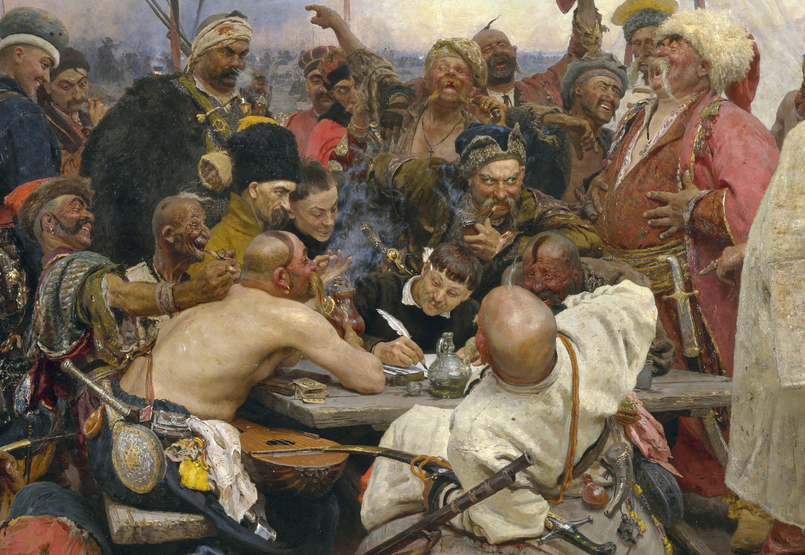Political Genetics
"We need a national left-wing. But many are sceptical. They say that different - maybe saying genetic is going too far - but at least different historical characteristics make the chances of a national left emerging very slim." How on earth did genetics get into Orbán's speech in Tusnádfürdő, Transylvania? There are three possible explanations.
First, maybe he really means it. Second, he may have got carried away in Tusnádfürdő's hothouse atmosphere, and he doesn't mean it. The third possibility is that he thinks he needs the kinds of voters who are receptive to the genetics message to get his two-thirds parliamentary majority at the next elections.
None of the explanations casts the Fidesz leader in a flattering light. In recent months, it had begun to seem that Fidesz was giving up on national rhetoric and moving towards economic rationality. The change was brought about by Fidesz's defeat in December's citizenship referendum.
The whole of the right, backed up by the World Alliance of Hungarians, the traditional churches, the Hungarian Truth and Life Party, the Movement for a Better Hungary, the extraparliamentary right-wing microparties and god knows who else - together they were only able to move 18% of the vote. Fidesz rightly concluded that they would have to stop attacking the left on national grounds and start arguing about economics.
So Fidesz concentrated on economics in 2005. This culminated in the Gyurcsány-Orbán debate, where neither side played the 'national card'. Orbán's circle also realised that Gyurcsány, a better communicator and younger than any of his predecessors, was having some success attracting the kind of voters from the political centre who want to see rational political debate. This group is best addressed using economic rhetoric and moderate, Western-style values. And so, since January, Fidesz has been pursuing this kind of strategy - just look at the topics chosen for the National Consultation, Orbán's speeches, and his visits to Israel and the US.
But this all stopped in Tusnádfürdő. Orbán is justified in criticising the left for its historical awkwardness on the national question. But then the right-wing also has historical baggage: even today it relates awkwardly to its antisemitic past. So there is much to criticise on both left and right.
Orbán said that the nationalities question could only be solved if the right won a two thirds majority in parliament at the next elections. Fidesz's leader clearly thinks that the current constitution will constrain him - it needs changing.
But why? Does he want to offer Hungarian citizenship to ethnic Hungarians living in neighbouring countries? And which other groups is he going to court with promises of constitutional changes in the time remaining before the elections?














